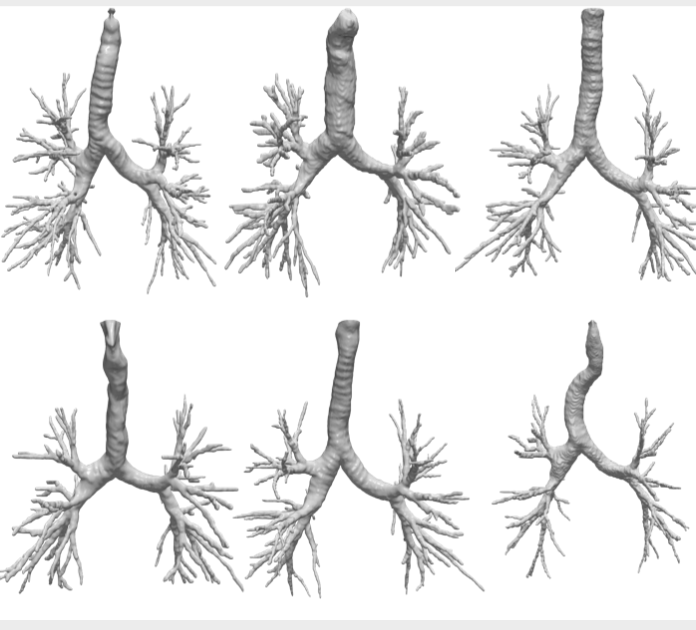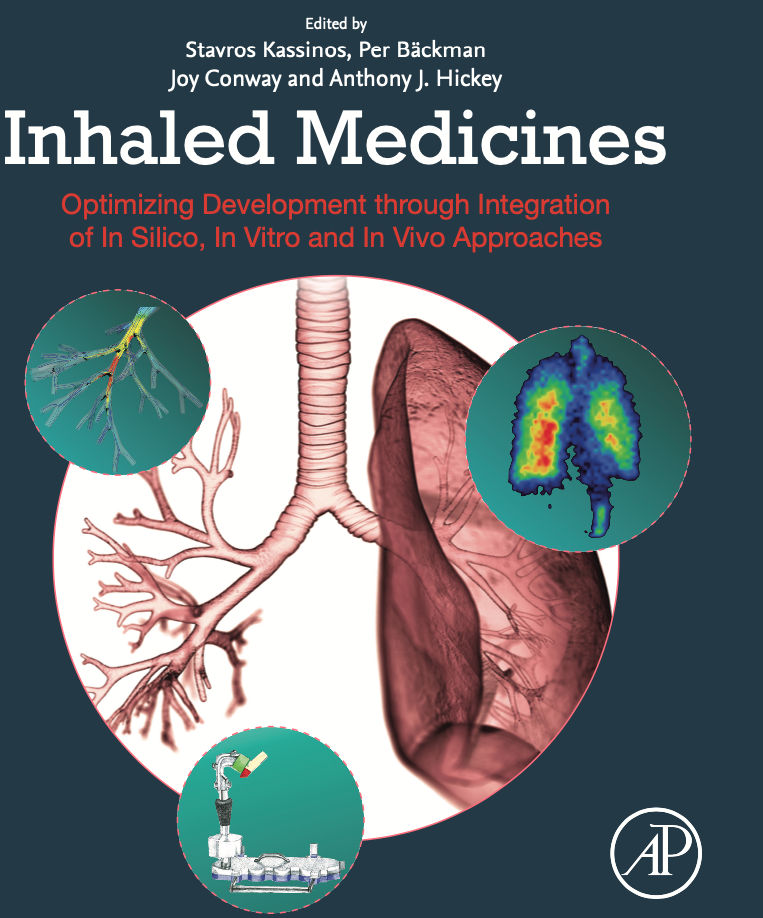Computational Sciences Laboratory (UCY-CompSci)
A few words about us
Welcome to the official page of the Computational Sciences Laboratory (UCY-CompSci). UCY-CompSci was established as a Marie Curie Transfer of Knowledge Center (TOK-DEV) aiming at the promotion of Computational Science and Engineering and is operated by the Engineering School at the University of Cyprus (UCY-Eng) under the leadership of Prof. Stavros Kassinos.
UCY-CompSci provides a multi-disciplinary research core aiming at the promotion of excellence in a range of computational science and engineering themes that support the research activities of the School of Engineering, such as Complex Fluid and Plasma Flow, Molecular Dynamics and Ab Initio MD Simulations for Nanofluidics and Plasma-Wall Interactions, Multi-Phase Flows and Pollutant Dispersion, Biomedical Fluid Dynamics, and Turbulence Theory, Modeling and Simulation.
UCY-CompSci operates a number of parallel computing systems that are described in detail under the Laboratory Infrastructure link. These systems provide an overall computing power of roughly 2.5 Teraflops. This site provides information about the structure of the research and training activities of UCY-CompSci, provides information and job application material for prospective fellows, and highlights important research results and activities.
UCY-CompSci is a RespiHub founding member laboratory.
Books
Presentations
Journal Publications
Conference Papers
Technical Reports
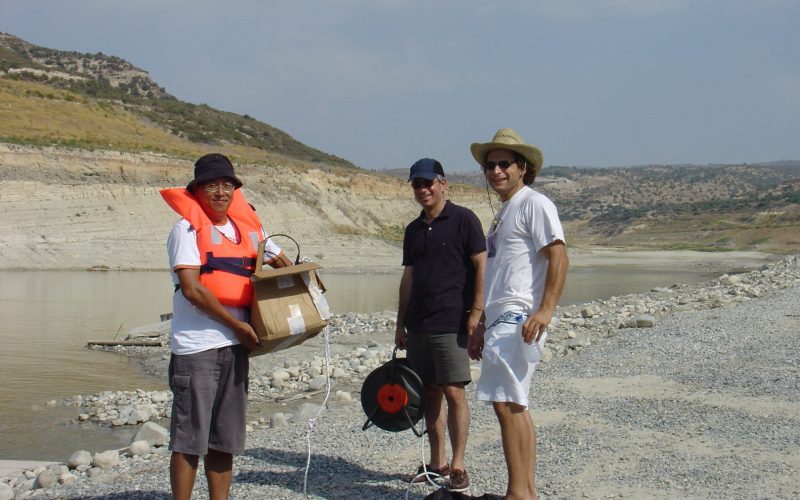
Water quality measurements in Kouris dam
As part of an ongoing collaboration with the International Water Research Center – NIREAS and the Water Development Department of the Ministry of Agriculture, Natural Resources and Environment of the Republic of Cyprus, we are validating a model for the prediction of evaporative losses and of the fate of pollutants and contaminants entering the Kouris Dam. For this purpose key parameters, such as water temperature, dissolved oxygen concentration, pH etc. are monitored on a monthly basis.
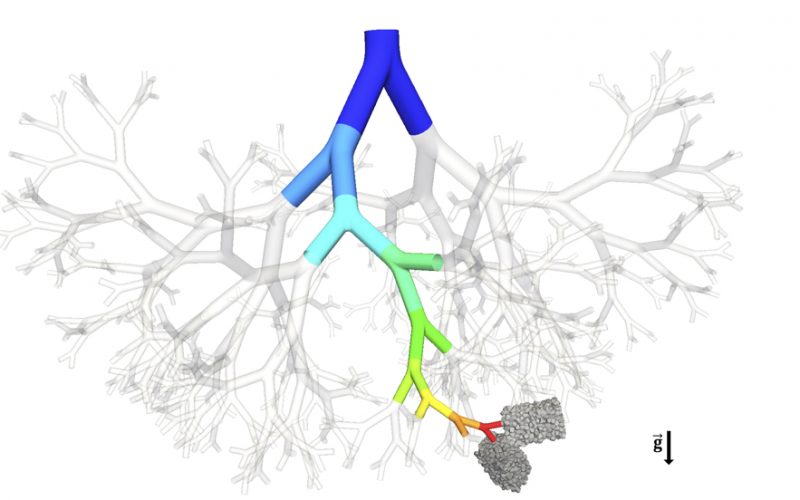
A new CFD - based deep lung model
The model was created in order to enable estimates of deposition of drug particles over complete inhalation cycles. It provides deposition estimates in the deep lung (bronchial generations > 10) and the acinar regions.The predictions of the new model are shown to be aligned with those of traditional 1D models (NCRP), but it has the advantage of being able to provide a much more detailed view of deposition in the deep lung and of being easily customizable. This is the result of a collaboration with the Technion Biofluids Lab (Prof. Sznitman) under the auspices of COST Action MP1404-SimInhale.
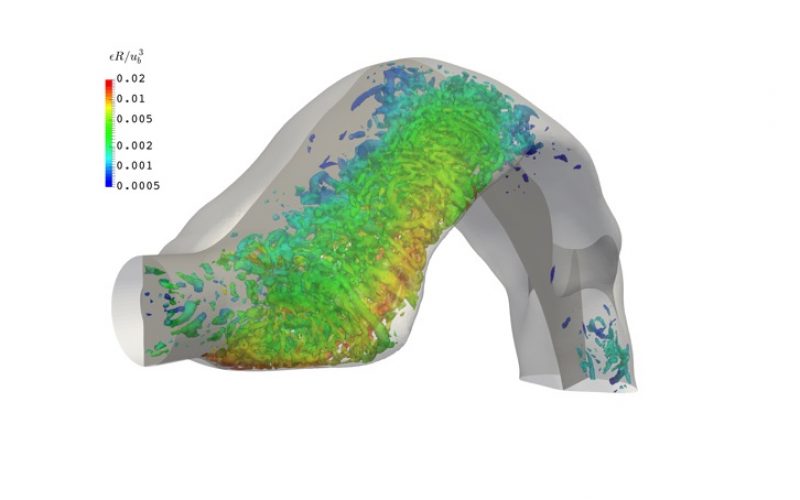
Factors determining mouth-throat deposition: a closer look
An unacceptably high portion of inhaled drugs targetting the lungs is actually deposited in the mouth-throat region where, at best it is just wasted, and in the worst case it could have adverse effects. Using high-fiedlity simulations, we are currently carrying out a systematic study of morphological and patient-controlled factors that determine the degree of mouth-throat deposition that takes place under various inhalation scenarios.



